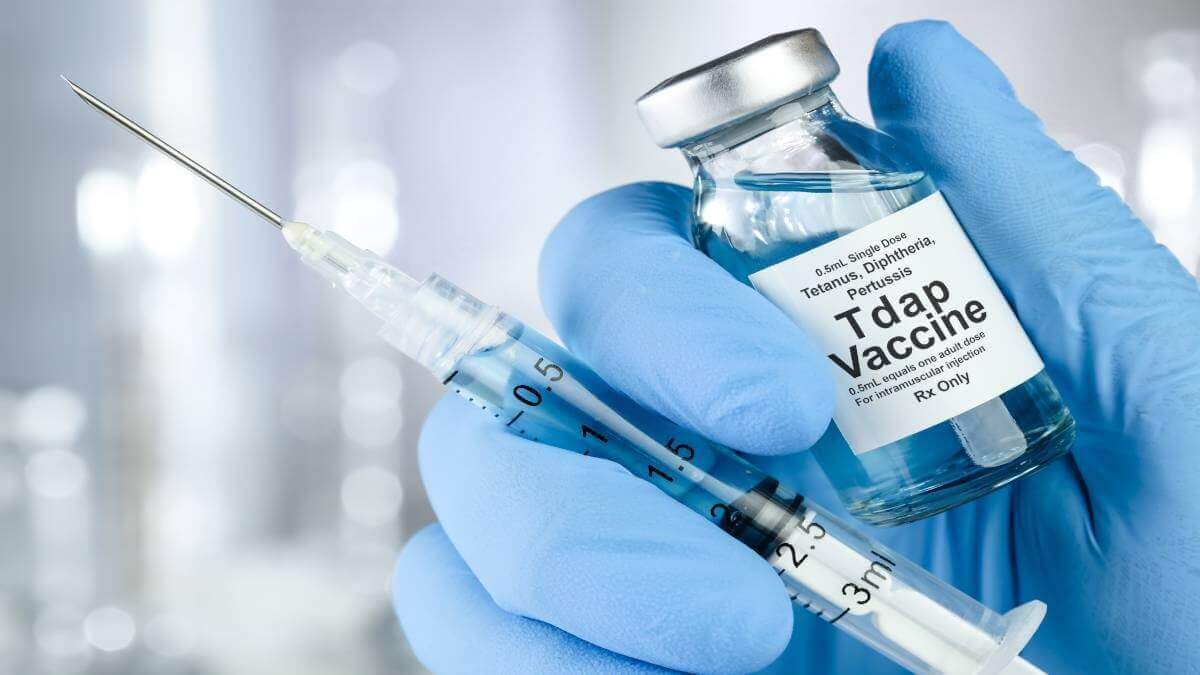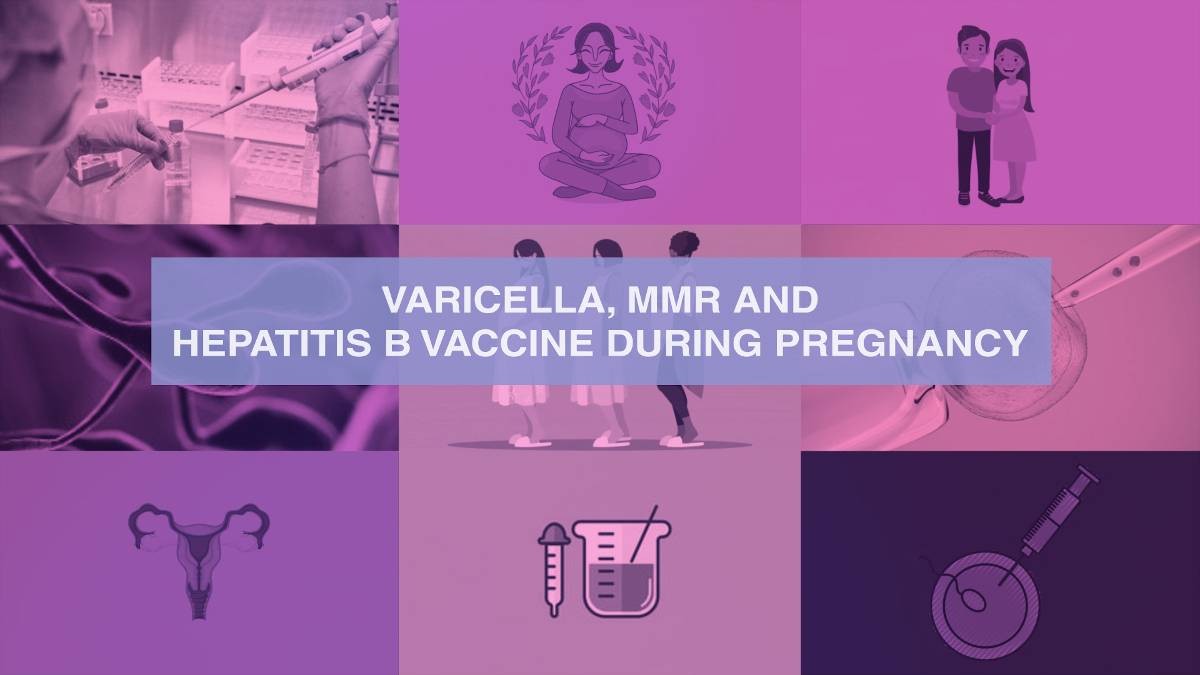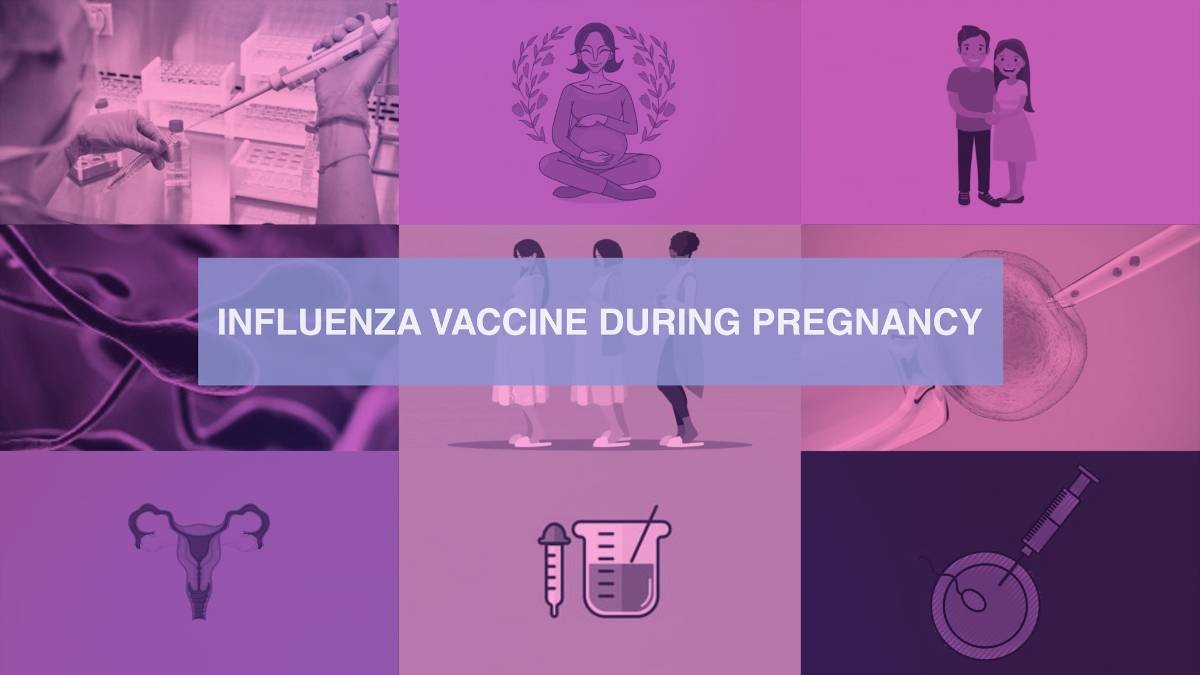HPV vaccination is a very vital step towards eradication of cervical cancer.
In India, cervical cancer ranks number one among cancers in women followed by breast cancer. One out of four women who die due to cervical cancer in the world is an Indian. Cervix is the mouth of the uterus i.e. the womb. Cervix connects the uterus to the vagina. Early exposure to sexual activity, high parity, multiple sexual partners, tobacco chewing or smoking, co-infection with HIV may predispose a woman to cervical cancer. This cancer is of 2 types- squamous cell & adenocarcinoma. It is caused due to Human papillomavirus i.e. HPV.
100 types of HPV viruses are identified so far. Out of these, 15 are oncogenic, which means they have the potential to cause cancer. HPV types 16, 18, 45, 31, and 33 are responsible for almost 90% of cervical cancers. The virus can be transmitted from person to person during sexual contact. HPV transmission occurs following genital or even skin to skin contact with an infected partner. The risk of acquiring cervical HPV infection in women with only one sexual partner is as high as 46%. Even the use of a condom may not prevent HPV infection. Hence every woman has an 80% chance in her lifetime of contracting HPV viruses. Many times, infections with HPV clear up spontaneously. In some, these infections do not clear and may develop into cervical cancer over a number of years.
Genital warts are caused by HPV 6 and 11. These are low-risk types that are non-oncogenic. These anogenital warts, though benign, are highly contagious. Some HPV infections can lead to vaginal, vulvar, anal, and oropharyngeal cancers.
After vaccination, high levels of antibodies against HPV are formed in the body. These antibodies latch on to the incoming HPV virus to prevent their entry into the host cell. The ideal age to take the HPV vaccine is 9-14 years means before the girl is sexually active. The earlier it is given, the better it works as antibodies are created faster at a young age. HPV vaccines are administered as a 2-dose series for those who initiate vaccination at ages 9th through 14 years and a 3-dose series for those who initiate at ages 15 through 26 years. The second dose should be given after 1 or 2 months of the first dose depending on the vaccine that is used. The third dose is given after 6 months of the first dose.
Women who are already sexually active may also benefit from the vaccine but less so. The vaccine cannot treat already present HPV infection. Also, it does not protect against all types of HPV, so it will not prevent all cases of cervical cancer. The vaccine can be taken up to the age of 45 years.
HPV vaccines are usually safe and well-tolerated. Sometimes fever, malaise, injection site redness, and pain are known to occur. Getting vaccinated does not mean that regular PAP smears are not required for early diagnosis of cervical cancer. If diagnosed early, cervix cancer can be treated effectively. But prevention is always better than cure.
Special thanks to Dr. (Ms.) Ashwini Bhalerao-Gandhi (MD, DGO, DFP, FCPS, DNB, FICOG) for expert advice.







